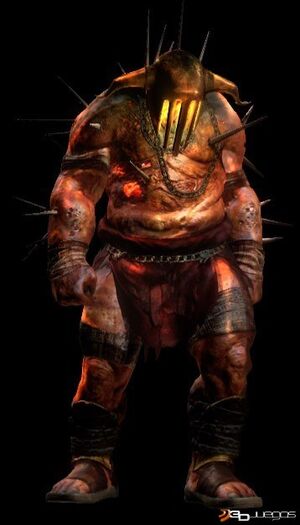 In 1942 Isaac Asimov, in his short story Runaround, coined the term “robotics.” The word has since entered the lexicon, and people who know about such things are generally aware that Asimov was the first to use the term. He’s credited in the Oxford English Dictionary with being the first person to ever use it, and he is rightly respected and admired for inventing a shiny new word.
In 1942 Isaac Asimov, in his short story Runaround, coined the term “robotics.” The word has since entered the lexicon, and people who know about such things are generally aware that Asimov was the first to use the term. He’s credited in the Oxford English Dictionary with being the first person to ever use it, and he is rightly respected and admired for inventing a shiny new word.
Asimov didn’t invent the term “robot,” though. The term that we use for our shiny metal friends was coined by the Czech playwright Carl Capec in his play R.U.R., a drama that featured (what else?) robots rising up and overthrowing their fleshy human masters. Like Asimov, Capec is recognized as coining the term. He gave us all a wonderful new thing to say, and for that we thank him.
Which brings me to George Lucas and the term “droid.”
I was extremely surprised to see, in an ad for the Droid smartphone, legalese to the effect that “droid” is copyright Lucasfilm and is used with permission. I don’t want to start sounding too much like Cory Doctrow here, but, quite frankly, Lucasfilm enforcing a copyright on “droid” is ridiculous. Utterly indefensible. Stupid. Idiotic to the point where it is pitiable.
Imagine, if you will, every commercial use of the term “robotics” appended with a note that the word was the copyright of the Asimov estate, and used with permission, or if each commercial use of the term “robot” cited Capec. It would be entirely stupid. Lucasfilm, though, seems to think that they are somehow more entitled than these two authors, and is apparently insisting on being credited with the term “droid,” a word that’s been part of the English language and science fiction since 1977 when Star Wars came out.
We don’t cite Asimov or Capec, though, because we expect authors to coin terms. There seems to be a part of the zeitgeist wherein terms that are coined by wordsmiths are completely okay to use and adapt. Quite frankly, this is wonderful. If I were ever so lucky to coin a term like “robotics” in my life, I would burst with joy and pride, and get a warm fuzzy feeling every time someone said a word I invented.
Other media, such as films, should not be an exception. Just as people freely borrow terms from books, anyone who wishes to should be allowed to borrow linguistic adaptations from film and television. It enriches the language, mixes up the lexicon, and generally makes the wordy landscape more colorful. I remember feeling a twinge of joy when characters in Battlestar Galactica referred to the human-looking Cylons as “skinjobs,” a term I recognized from Blade Runner. Use of the term was both homage to the original, and a reflection of the accumulation and adaptation of science fiction terminology.
Lucasfilm, in appending their name to the term “droid” is standing squarely in the way of this wonderful process. Lucas made a new word for “robot,” and he should be justly proud. Star Wars should indeed be cited as the source of the term “droid.” But to claim utter ownership, to demand permission for use of what has become a normal English word is utterly silly. I did not think I could lose further respect for the Lucasfilm empire, but I have.






